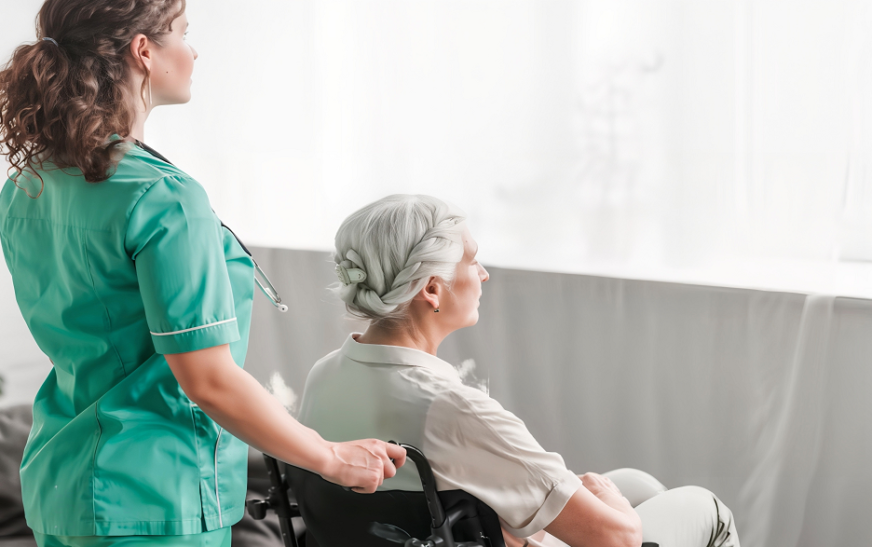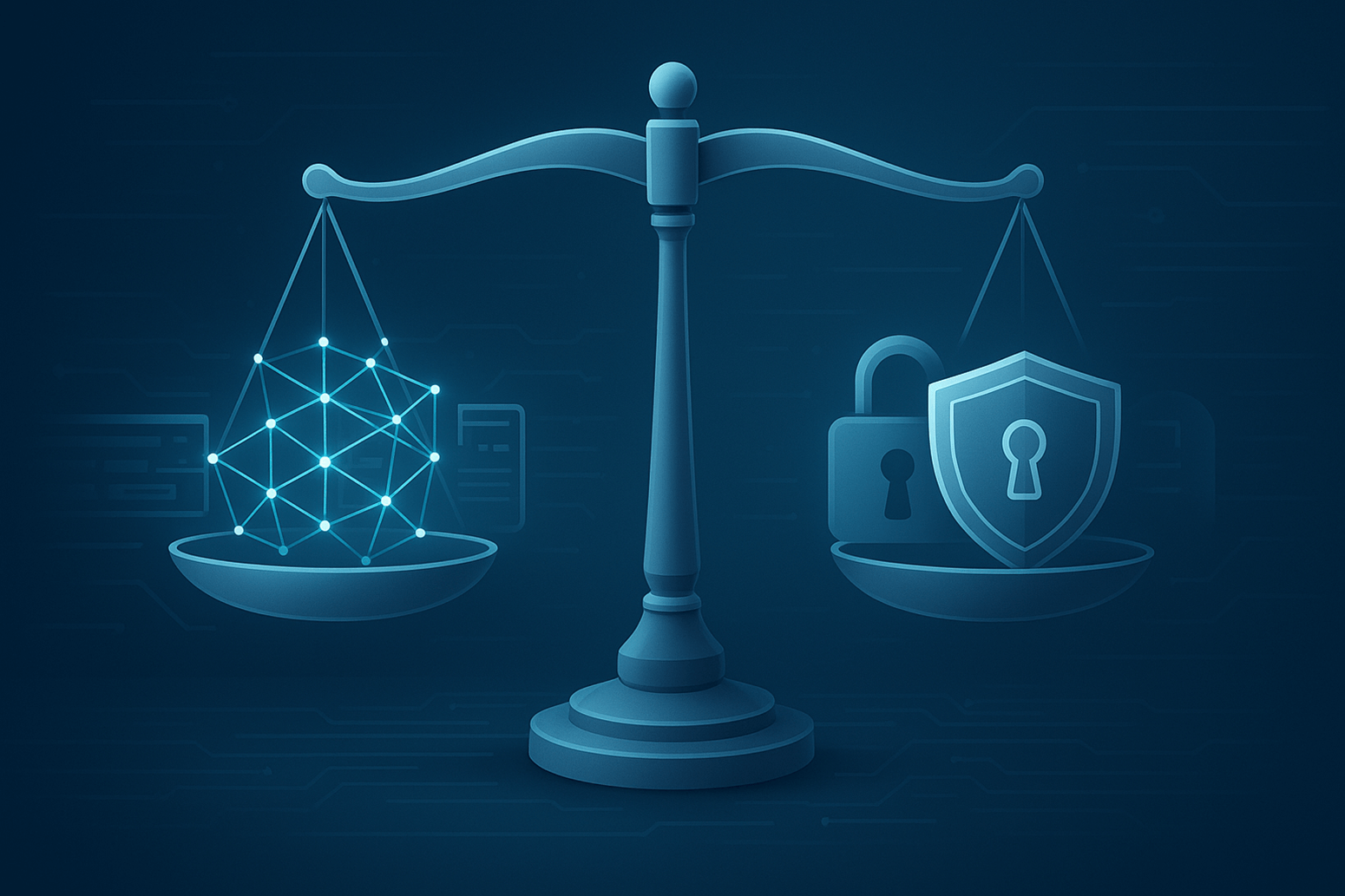With the world population aging comprehensive healthcare that takes into Account the Unique need of elderly women is Becoming increasingly Crucial Gynecological care has to Broaden its focus which was previously limited to Younger and middle aged Women.
With the world number of women over 50 quickly Growing the goal need to be to include older women as well Its current population of 1.9 billion is Expected to increase by 70% by 2050.
Gynecological care integration into senior health Management helps identify any health problem early and offer age specific therapies. This blog post explores the Significance of early intervention and Routine tests for Gynecological issues that affect older Women.
Common Gynecological Concerns in Older Women and Managing Them
Although it is important Gynecological care for older women is Frequently Disregarded. Regular gynecological exams can help in the early Detection and Management of certain Condition As so it reduces the likelihood of Problem and improves overall health Outcomes.
Menopausal and Postmenopausal Symptoms
At the end of a woman’s Reproductive years Menopause brings about a Significant hormonal Change. Recent research Suggests that mood swings dry vagina hot flashes and nocturnal sweats are all Prevalent Symptoms. Cardiovascular disorders and Osteoporosis are other conditions that postmenopausal women are more Susceptible to. Hormone Replacement Therapy (HRT) Successfully stops bone loss and reduces menopausal Symptom. According to recent research Customized hormone Replacement therapy HRT started around Menopause onset may be safe in terms of Cardiovascular and Breast cancer risks. Vaginal Moisturizers and SSRIs aid with hot flashes while non hormonal therapies like gabapentin and SSRIs control Dryness.
A 2022 study Found that the decrease in estrogen in postmenopausal women increases their risk of osteoporosis. As a result routine DEXA scans are required to evaluate bone Density Weight bearing activitie calcium and vitamin D supplement are all important for maintaining bone Strength. Additionally prescribed are drugs like denosumab bisphosphonates and SERMs according to Medscape.
Pelvic Organ Prolapse
The disorder known as pelvic organ Prolapse POP is defined by the descent of the pelvic organs as a result of Weakening of the pelvic floor Muscles. Hormonal change aging and Childbearing are common causes of the Problem. Transvaginal mesh provide a base for the pelvic Organs and has been shown to be Beneficial in treating POP. However because of the issues that come with using transvaginal mesh it has become very Controversial according to TorHoerman Law.
In response Because to safety Concerns the FDA prohibited the sale and Distribution of transvaginal mesh for POP Repair. Many reports of severe side effect including pain mesh erosion organ perforation and infection led to the Ban. Through the legal system user or impacted patients have asked for Reimbursement. This appeal has led to Significant transvaginal mesh settlement amounts to address the long-term impacts and incurred damages.
Additionally pelvic floor strengthening Exercises like Kegel Exercises can help manage mild to moderate Symptoms of POP. Pessaries offer a non surgical therapy Alternative by Supporting the pelvic organs Structurally. In more severe cases surgery may be Necessary to support and restore the prolapsed Organs.
Urinary Incontinence
Urinary incontinence is a Common Problem among older Women and it can Seriously lower their quality of life There are three Categories of incontinence urge stress and Mixed.
Urologists recommend Behavioral therapies as an efficient initial treatment for urine incontinence in elderly Women These therapies include pelvic Floor Exercises and bladder training Medications like beta 3 Adrenergic agonists and Anticholinergics are Frequently administered to treat urge incontinence.
This lessens the need to Urinate and how often you Need to. Surgical procedures such as sling Surgery can offer long term relief from stress incontinence in more severe Situation.
Gynecological Cancers
Gynecological cancers such as Endometrial ovarian and Cervical cancers are more Common in older Women Regular tests are crucial for early Discovery and Effective Treatment.
Cervical Abnormalities must be Detected by Routine pap Smears and HPV testing until at least age 65 Given that HPV is the Primary cause of 95% of Cervical Malignancies its Significance is Considerable Regarding ovarian cancer transvaginal Sonography and CA-125 tests are important Resources especially for high risk women early Detection According to OCRA Given that 90% of postmenopausal women with Endometrial Cancer report Vaginal bleeding endometrial Biopsies are Advised in cases of abnormal Uterine Bleeding.
Frequently Asked Questions
Why is gynecological care important for senior women?
For older women to manage age related health Conditions and preserve their Quality of life gynecological care is Crucial. For the early diagnosis of Malignancies such as Cervical ovarian and Endometrial routine gynecological exams are Essential. Menopausal symptom including vaginal Dryness hot flashes and night sweats can also be Managed with the aid of such medical Therapy.
What are the risks of ignoring gynecological health in older women?
Ignoring gynecological health increases the risk of developing pelvic organ Prolapse late cancer Diagnosis and Untreated urine incontinence. Additionally routine examinations Provide ways to limit health risks associated with low estrogen such as Osteoporosis and Cardiovascular Disease and manage Symptom.
How often do older women need to see a gynecologist?
Under general Circumstances older women >65 years should visit a gynecologist Annually for Routine check ups. However depending on a woman’s age health history and particular conditions the recommended frequency of these visits may vary Common screenings During the visit include pelvic exams and pap smears.
How can menopausal symptoms be managed in older women?
Menopausal symptom can be Controlled with modest Changes in lifestyle including regular Exercise a Healthy diet and giving up Smoking Further Menopausal hormone therapy (MHT) is recommended as the first line treatment for Relieving common symptoms like night Sweats This therapy can include various forms of progestin and Estrogen.
In short integrating gynecological care into senior health Management is Crucial. This can Address the unique Health needs of older women from Menopausal symptom to Gynecological Cancers Senior women Quality of life can be Markedly improved by implementing evidence based Management Practices.













